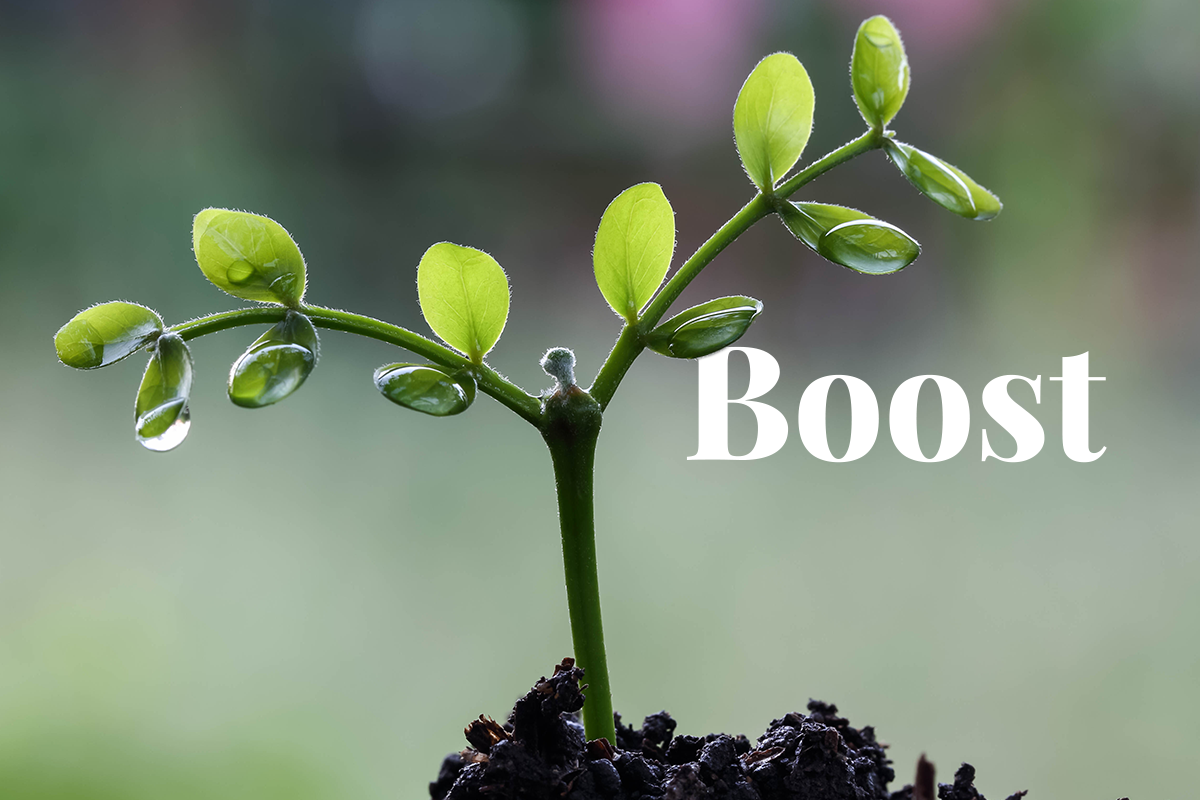The effectiveness of REDD+ carbon credits has recently been discussed, raising important questions in the carbon market. To address this, The Nature Conservancy, in partnership with TerraCarbon and other collaborators, is launching a new scientific initiative to test and compare different approaches for measuring the impacts of REDD+ projects. REDD+ stands for reducing emissions from deforestation and forest degradation. It is a framework established by the United Nations Framework Convention on Climate Change (UNFCCC) to sustainably guide activities and projects in the forest sector. This collaborative effort aims to strengthen the carbon market by ensuring that the measurement of REDD+ impacts is grounded in robust science and best practices.

Setting a ‘baseline’ is a crucial step in determining the impact of forest protection in carbon projects. The baseline represents the deforestation that would have occurred without the carbon project, and it can significantly influence the total number of carbon credits awarded to a project.
Earlier this year, the Guardian reported concerns about the current REDD+ baseline reference region approach used by Verra, the world's largest voluntary carbon market standard. The Guardian cited findings from recent publications suggesting a new synthetic control baseline approach for measuring REDD+ impacts. However, Verra has been actively working on a new nested jurisdictional baseline approach for over a year, expected to be released in Q3 2023. In light of these developments, The Nature Conservancy and its partners are stepping up to conduct a systematic, evidence-based evaluation of the different measurement approaches to ensure that the carbon market is built on sound science and best practices.
Read more: Why is the Guardian so negative about conserving rainforests?
The Nature Conservancy is well-equipped for this evaluation with its leading Natural Climate Solutions science team as well as its expertise in carbon markets and climate policy. The organisation, together with TerraCarbon and other scientists, will conduct tests and comparisons throughout 2023 to assess the strengths and limitations of each approach for measuring the impacts of REDD+ projects. The findings will be made public, providing valuable insights for carbon markets, climate policy, and investment decisions.
Discover what the road to net zero means
The urgency of addressing the global environmental challenges demands action, and Natural Climate Solutions, including REDD+ projects, play a critical role in meeting global climate goals. Carbon markets are essential for unlocking the potential of nature to mitigate carbon emissions. However, it is crucial to ensure that carbon credits are based on robust science that evolves and improves over time.
The challenge for carbon markets is to incorporate the latest advancements in science while avoiding inaction due to uncertainties. To drive positive change, the world must strive for continuous improvement in carbon projects and methods for measuring their impacts, including their climate, community, and natural benefits. The collaborative effort led by The Nature Conservancy and its partners is a step towards strengthening the carbon market and ensuring it is grounded in the best available science and best practices.
At DGB Group, we believe robust regulation and effective impact measurement can strengthen the carbon market, ensuring its integrity and effectiveness in developing nature-based solutions while benefiting both nature and communities.
Learn more about DGB’s high-quality projects

